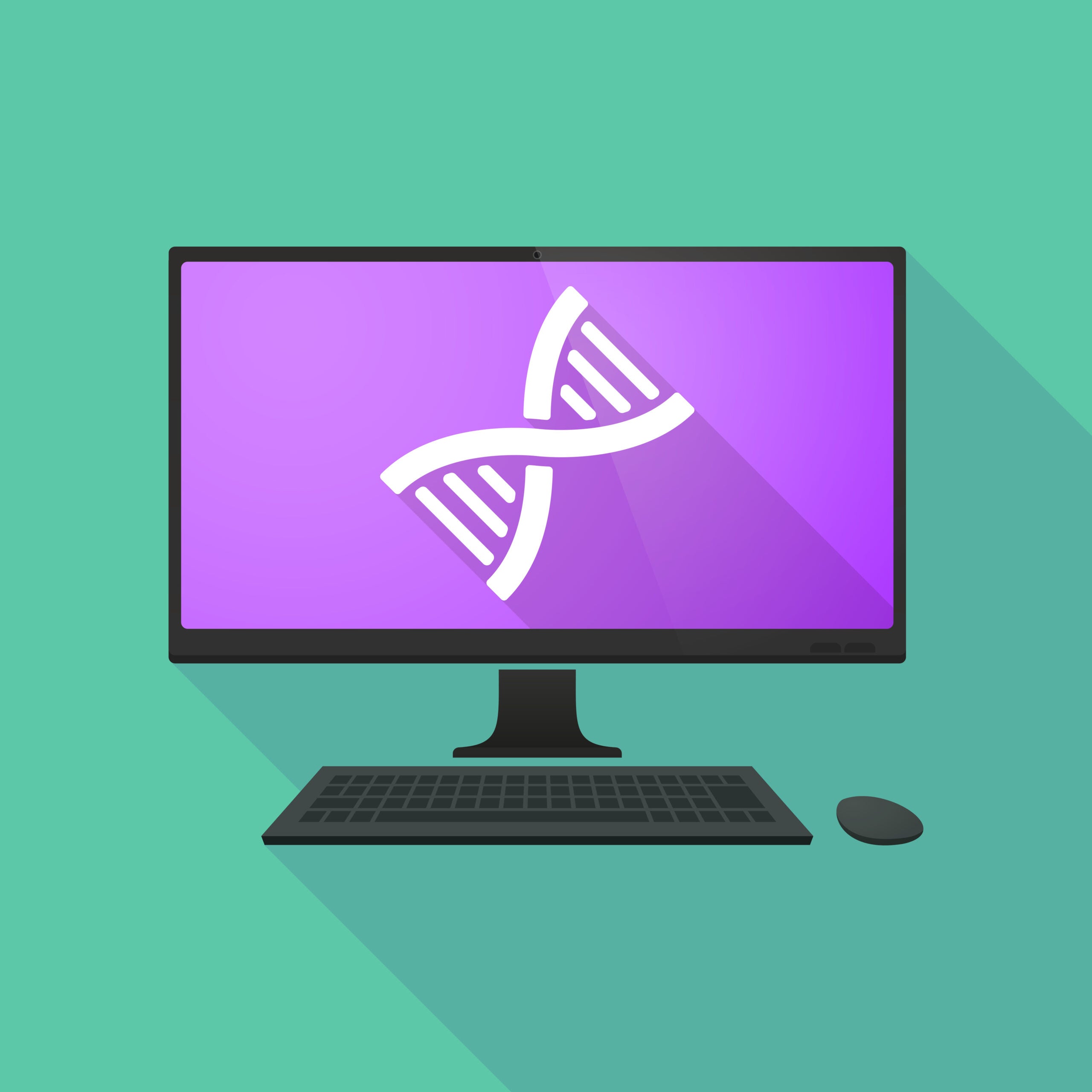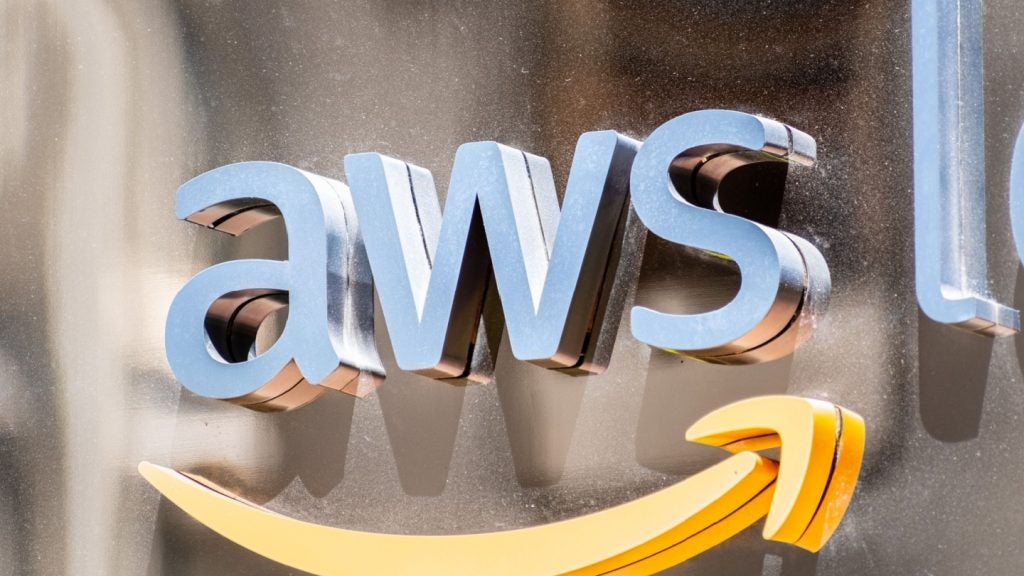
Considering Facebook’s track record with user data over the past few years, the idea of handing over personal health data and even DNA via the platform may be unappealing for many. However, one organisation has harnessed the popularity of Facebook surveys for a good cause: encouraging more people to engage in important genetic research.
A significant problem with DNA data is that it is typically skewed towards certain population groups, with the majority of participants of European descent. However, according to Genes for Good, utilising new methods of engaging people, such as social media, has resulted in more diverse group of participants than has previously been possible.
Capitalising on the popularity of DNA testing such as 23 and Me, Genes for Good is offering participants an at-home DNA spit-kit, analysis of their ancestry and DNA results, and even a file of their raw genotype information in exchange for answering survey questions. Participants take part in the survey via an app on Facebook, and answer various questions related to their health, lifestyle and physical characteristics.
This approach has proved successful in attracting a significant number of participants. The Genes for Good project has so far involved more than 80,000 Facebook users in the collection of health survey data from 27,000 DNA spit-kits.
Katharine Brieger, a first author and MD/PhD student at the University of Michigan School of Public Health, explains that re-thinking how people can participate in genetic research is proving effective in attracting different groups of people:
“It’s a very important step to allow participation remotely, because it opens the door to a lot of people who historically couldn’t participate in genetic research, even if they had wanted to and having a more diverse population represented in study samples is critical for moving public health and genetic research forward.”
How well do you really know your competitors?
Access the most comprehensive Company Profiles on the market, powered by GlobalData. Save hours of research. Gain competitive edge.
 Company Profile – free sample
Company Profile – free sampleThank you!
Your download email will arrive shortly
Not ready to buy yet? Download a free sample
We are confident about the unique quality of our Company Profiles. However, we want you to make the most beneficial decision for your business, so we offer a free sample that you can download by submitting the below form
By GlobalData
Senior author Goncalo Abecasis of the University of Michigan School of Public Health explains that traditionally people would have to go to a university lab to answer health surveys and give a blood sample, with researchers following up with those volunteers. This procedure is often costly and time-consuming, and therefore inspired Abecasis and his colleagues to turn to social media to improve their research methods. Through this, it was not only easier for people to take part in the research from the comfort of their own homes, but also greatly increased the number of participants researchers could reach.
“When I started doing genetic studies in the 90s, most studies just had a few hundred people,” says Abecasis “You quickly got to a point where you exhausted what you could learn from those participants.”
Using government statistics as a comparison, researchers found out that the participants provided a good representation of the rest of the US, with similar disease rates and demographics, with diverse ancestry, geography and economic background. However participants were a little younger, had slightly fewer strokes, and skewed female.
The researchers then analysed the genetic data to assess the quality of the study. Previous studies have identified genetic variants linked to physical traits, such as eye colour or skin tone, to health conditions such as asthma. When researchers compared results from their Genes for Good analyses to other studies, they largely matched.
Brieger said that the results have so far indicated that the project was a success:
“We were quite pleased with our ability to replicate the findings of other large studies. For example, in our sample, we were able to identify previously reported associations between specific genetic variants and traits such as BMI, as well as conditions such as type 1 and type 2 diabetes.”
Researchers also noticed that the participants were more honest online in answering personal health questions than volunteers typically are in face-to-face interviews, in which embarrassment may cause participants to change their answers. This means that more in-depth studies, or those involving large volumes of personal information, may be more suited to this collection method.
With the proper funding, the researchers say Genes for Good can scale up to reach millions of users. However, while providing new avenues to reach participants, using social media in this way raises a number of privacy concerns. The wealth of health data collected through the surveys, although valuable when used in the right way, has huge implications if third parties were to gain access.
According to Genes for Good, the app only works as a portal on Facebook to connect users to Genes for Good servers, meaning Facebook does not have access to the data. Genes for Good follows the University of Michigan’s privacy standards and is subject to the university’s white hat security tests.
Participant identifying information, such as name, email and address, is not directly linked to any of the health information they provide. Instead, it is stored in a separate location.
Abecasis said that Genes for Good also worked with the National Institute of Health to ensure that the data remained private:
“We have a certificate of confidentiality, meaning we have a promise from the NIH that our data will not be used by the government.”
Looking to the future, Abecasis hopes to conduct studies to help those with particular diseases, with the app having the potential to work as a model for studies on a larger scale:
“What we would really like to do next is to use the platform to see if this is an opportunity to engage with disease foundations for targeted studies at a very large scale.”
Read more: Microsoft has made a breakthough in DNA data storage — and it could be here sooner than you think





